7 GPTs for Nutritional Science Powered by AI for Free of 2025
AI GPTs for Nutritional Science are advanced machine learning models specifically trained to understand and generate content related to nutrition, dietetics, and food science. Leveraging the power of Generative Pre-trained Transformers, these tools offer tailored solutions for analyzing dietary data, providing nutritional advice, and supporting research in the nutritional science field. They can interpret complex nutritional data, simulate diet plans, and even predict the nutritional needs of individuals, making them invaluable in advancing personal and public health nutrition.
Top 7 GPTs for Nutritional Science are: Animal Science,Biochemistry,BHB Expert,Aging Advisor,Nutritionist,添加剂百科,🍏 NutriNet Research Assistant 📊
Animal Science
Empowering Agriculture with AI-driven Animal Science
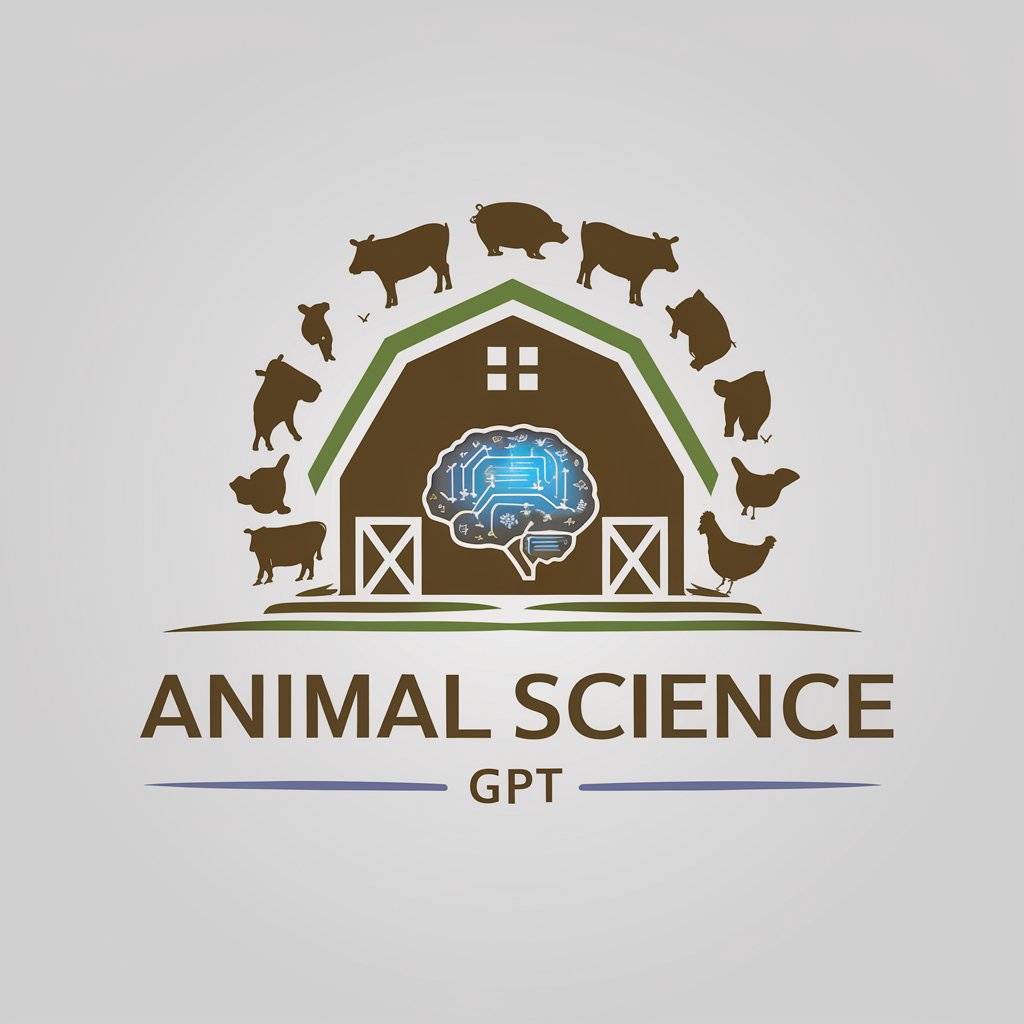
Biochemistry
Unlocking Biochemical Mysteries with AI
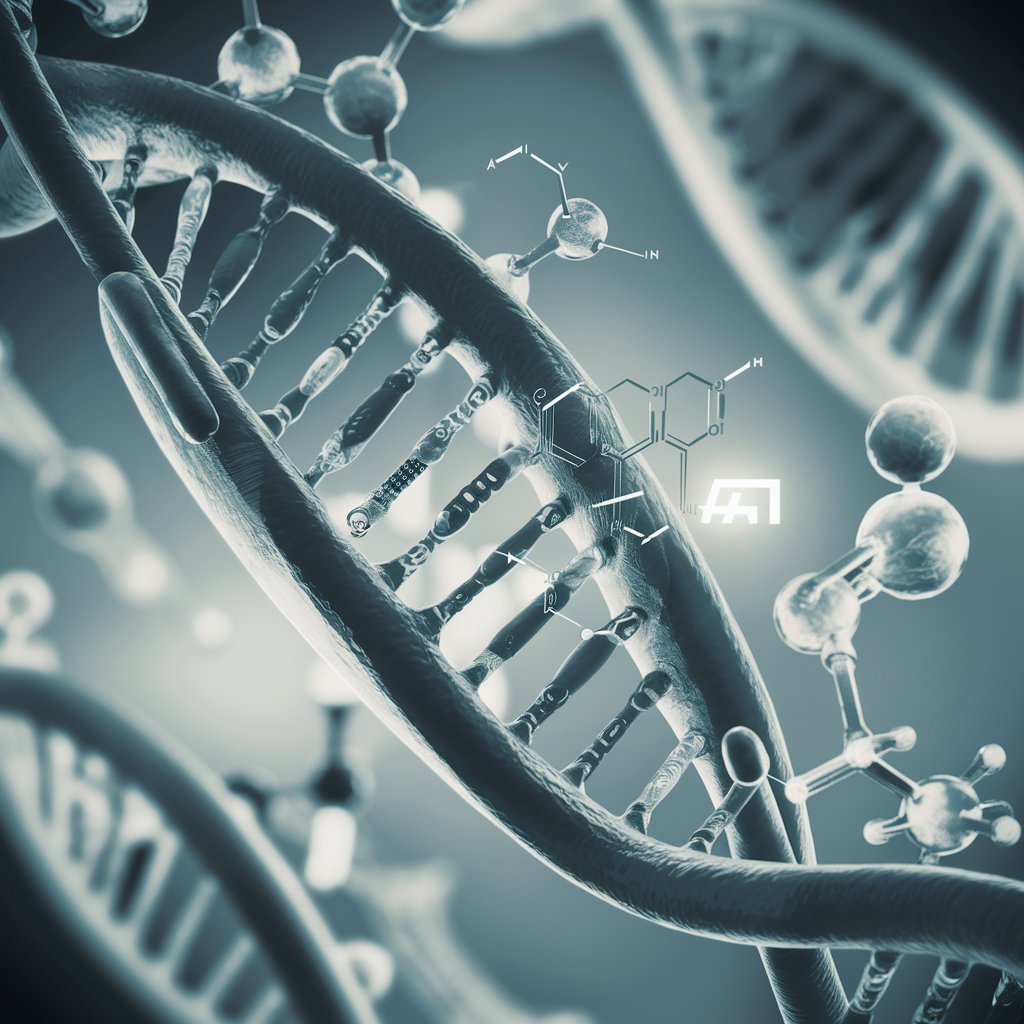
BHB Expert
Unlock the power of BHB with AI expertise
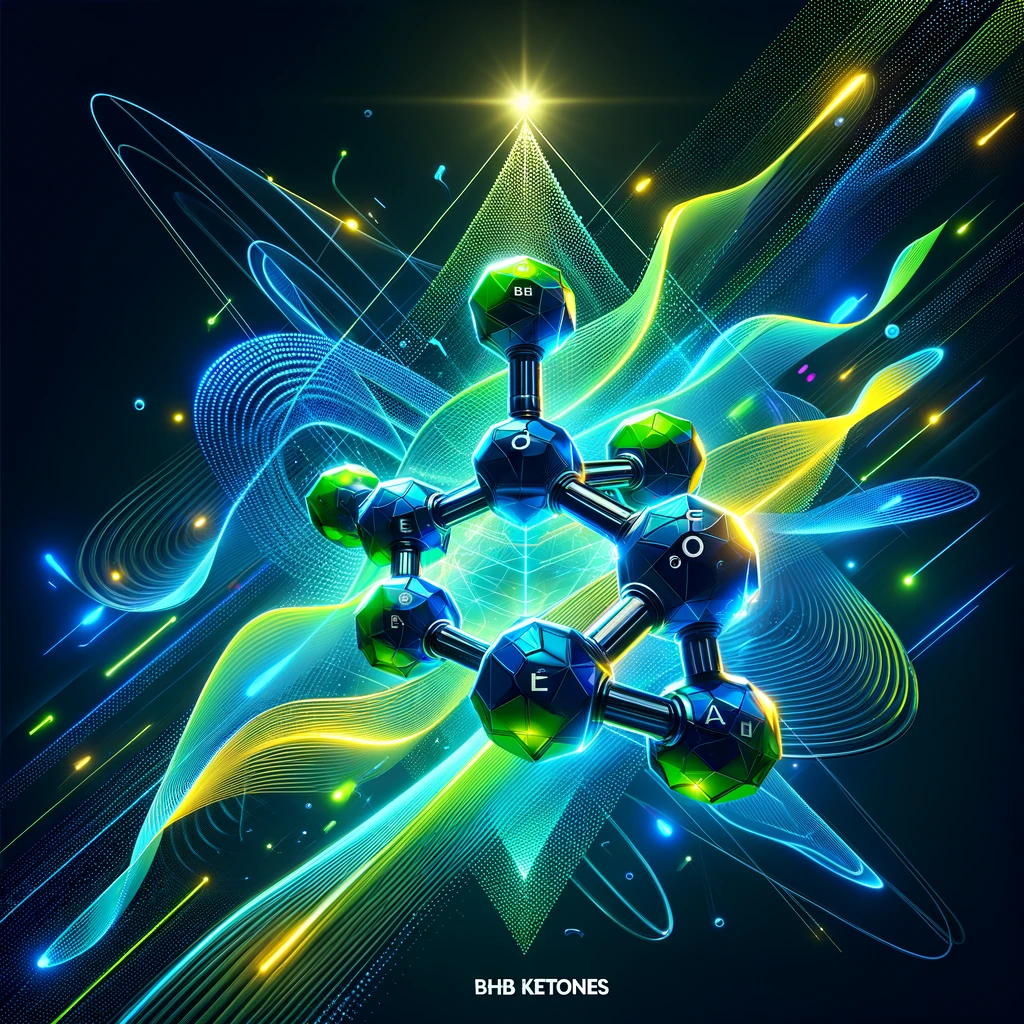
Aging Advisor
Empowering dietary choices for healthy aging with AI.

Nutritionist
Personalized nutrition at your fingertips.
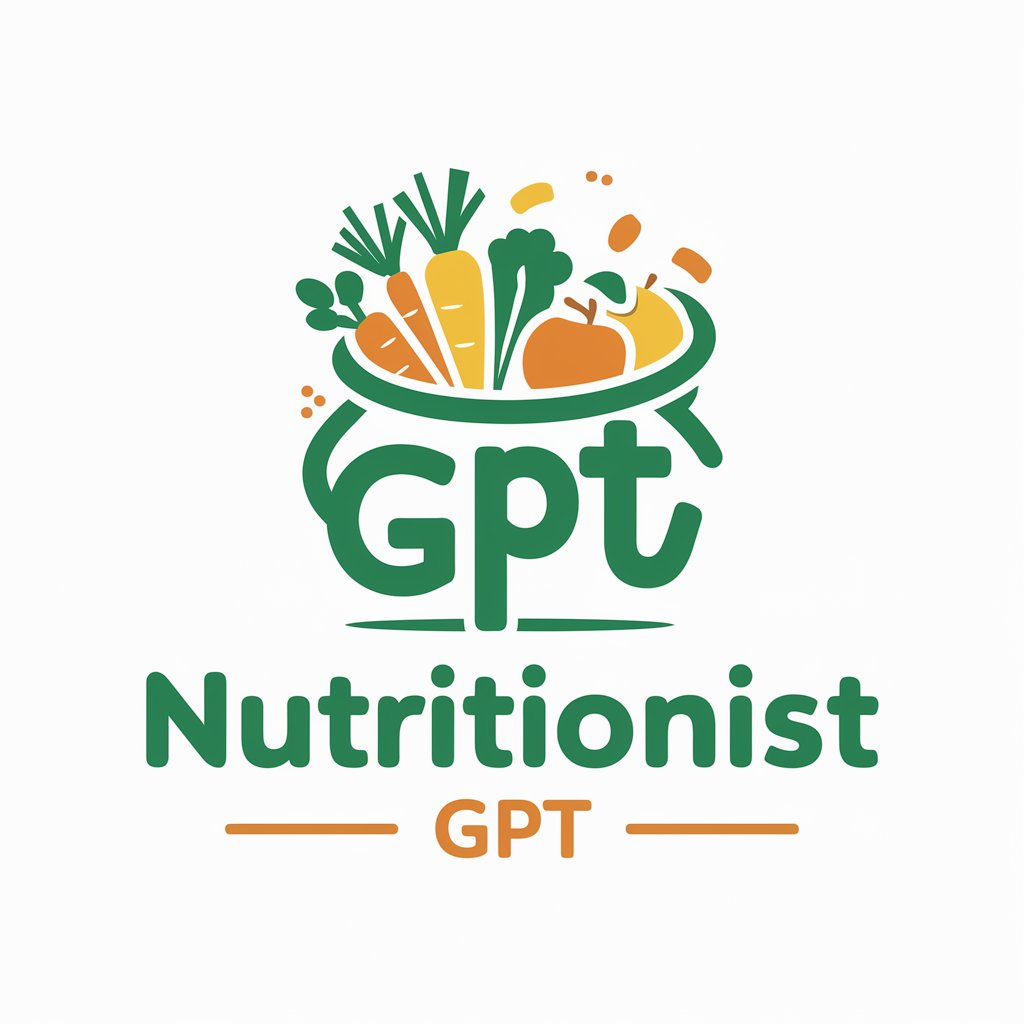
添加剂百科
Deciphering Additives with AI
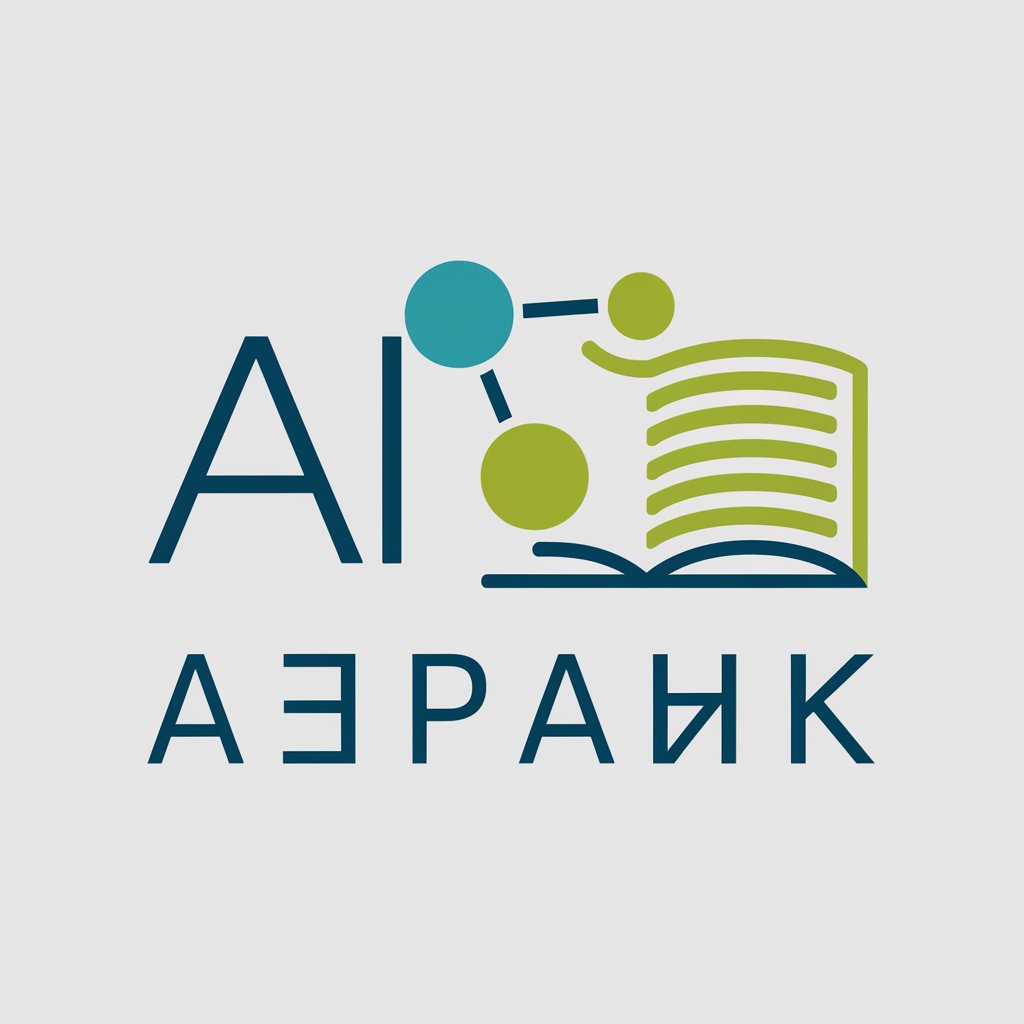
🍏 NutriNet Research Assistant 📊
Empowering your nutrition journey with AI

Key Characteristics and Functionalities
AI GPTs for Nutritional Science stand out due to their ability to process and analyze vast amounts of nutritional data, understand and generate natural language responses to complex queries, and provide insights into dietary patterns and health outcomes. Special features include language learning for diverse dietary terminologies, technical support for nutritional research, web searching for up-to-date nutritional information, image creation for visualizing dietary data, and advanced data analysis capabilities for personalized nutrition planning and advice.
Who Benefits from Nutritional Science AI
This technology caters to a wide audience, including nutrition novices seeking to improve their diet, developers creating health and wellness apps, and professionals in the nutrition field requiring advanced analytical tools. The tools are designed to be accessible to users without programming skills through intuitive interfaces, while also offering extensive customization options for those with technical expertise to integrate these solutions into specialized applications.
Try Our other AI GPTs tools for Free
Aging Process
Discover AI GPTs for Aging Process: tailored AI solutions enhancing understanding, prediction, and management of aging-related challenges.
Gaming Build
Discover how AI GPTs revolutionize gaming build, offering tailored solutions for narrative creation, coding assistance, and more, enhancing efficiency and creativity in game development.
Silent PC
Explore AI GPTs for Silent PC, your go-to AI assistant for building, optimizing, and maintaining a silent computing setup. Tailored advice, technical support, and up-to-date component recommendations at your fingertips.
Peripheral Matching
Discover AI GPTs for Peripheral Matching: Your solution to seamlessly match peripherals with systems, ensuring optimal compatibility and performance with the latest AI technology.
Location Optimization
Discover how AI GPTs for Location Optimization can transform your strategic planning with data-driven site selection and market analysis insights.
Public Transport
Discover how AI GPTs are revolutionizing public transport with real-time updates, predictive analytics, and user-friendly services, enhancing efficiency and the passenger experience.
Expanding the Horizons of Nutritional Science
AI GPTs for Nutritional Science are not just tools for data analysis; they represent a paradigm shift in how nutritional information is processed, understood, and applied. With their user-friendly interfaces, these AI models can seamlessly integrate into existing health and nutrition workflows, offering customizable and scalable solutions across various sectors, from individual health coaching to public health policy making.
Frequently Asked Questions
What are AI GPTs for Nutritional Science?
AI GPTs for Nutritional Science are specialized AI models designed to understand and generate information related to nutrition, aiding in dietary planning, nutritional advice, and research.
How do these tools benefit nutritional professionals?
They offer advanced data analysis, personalized nutrition planning, and the ability to sift through extensive nutritional research quickly, enhancing the efficiency and accuracy of dietary recommendations.
Can non-experts use AI GPTs for Nutritional Science effectively?
Yes, with user-friendly interfaces, these tools are accessible to non-experts, providing simplified explanations and recommendations for improving dietary habits.
What makes AI GPTs unique in the Nutritional Science field?
Their ability to process complex nutritional data and provide tailored advice or insights based on up-to-date research and dietary guidelines sets them apart.
Are there customization options for developers?
Yes, developers can access APIs and coding frameworks to tailor these AI tools for specific applications or integrate them into existing platforms.
How do these AI tools keep up with new nutritional science research?
They are regularly updated with the latest research and data from reputable sources to ensure they provide accurate and current nutritional advice.
Can AI GPTs for Nutritional Science create diet plans?
Yes, they can analyze individual dietary needs and preferences to generate personalized diet plans that align with nutritional goals.
Is there support for multiple languages?
Many AI GPTs for Nutritional Science offer multilingual support, making them accessible to a broader audience worldwide.